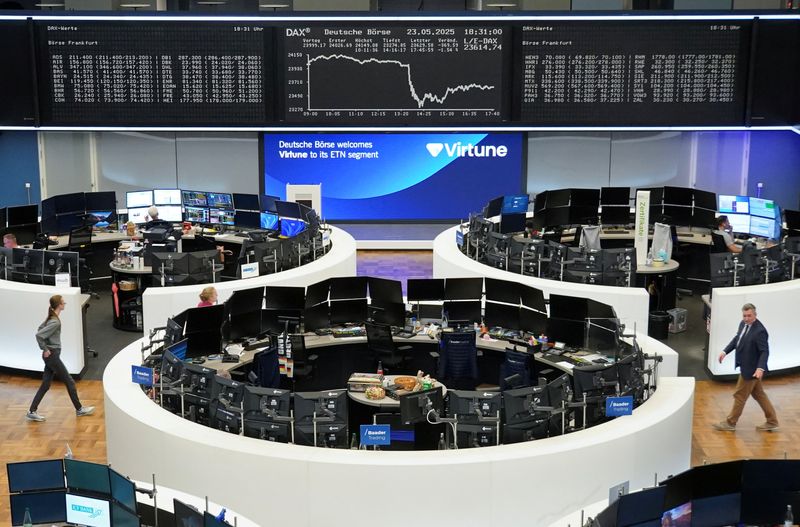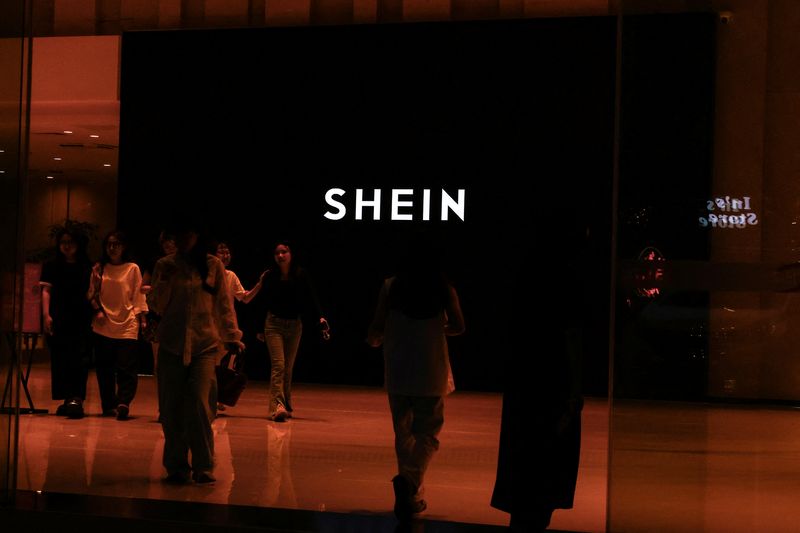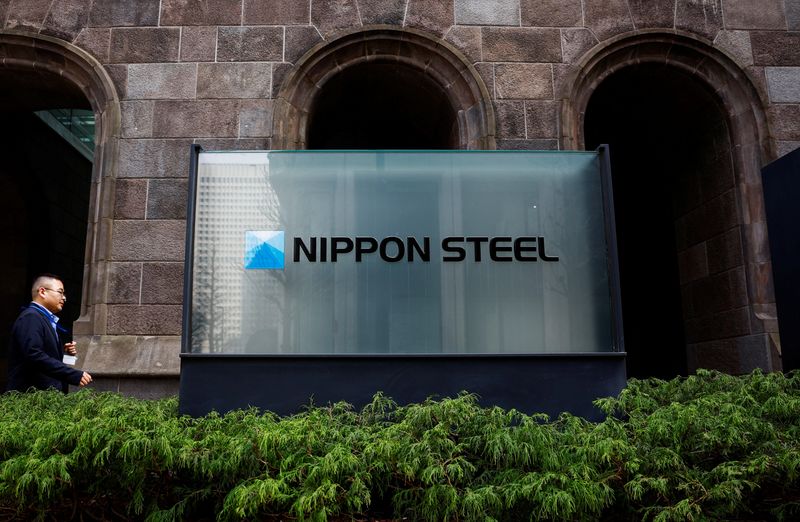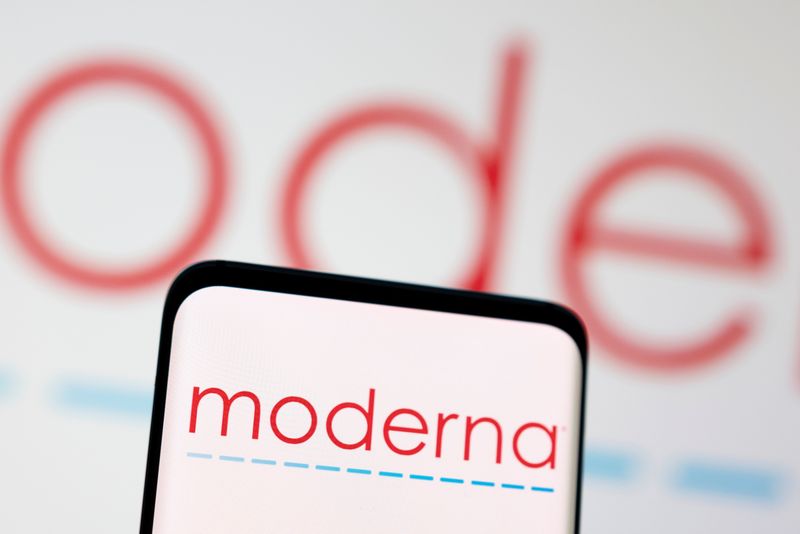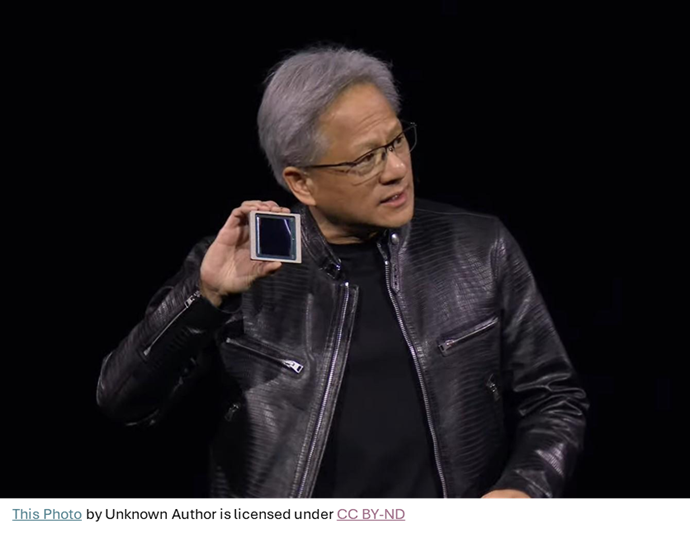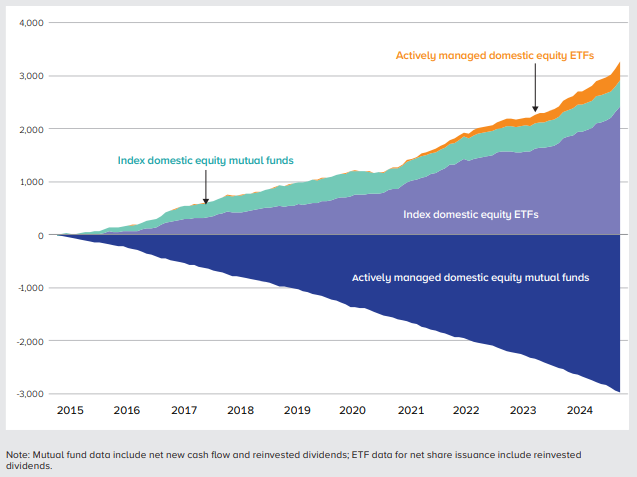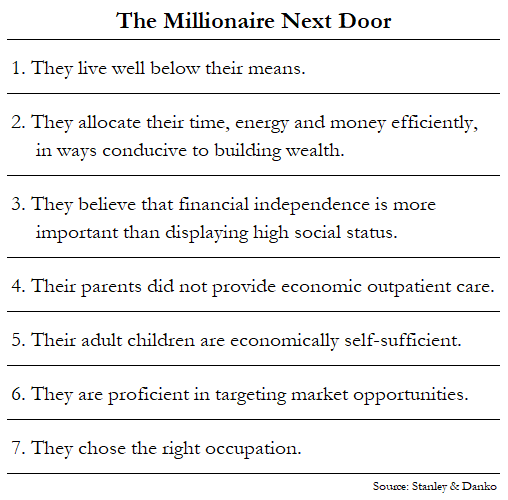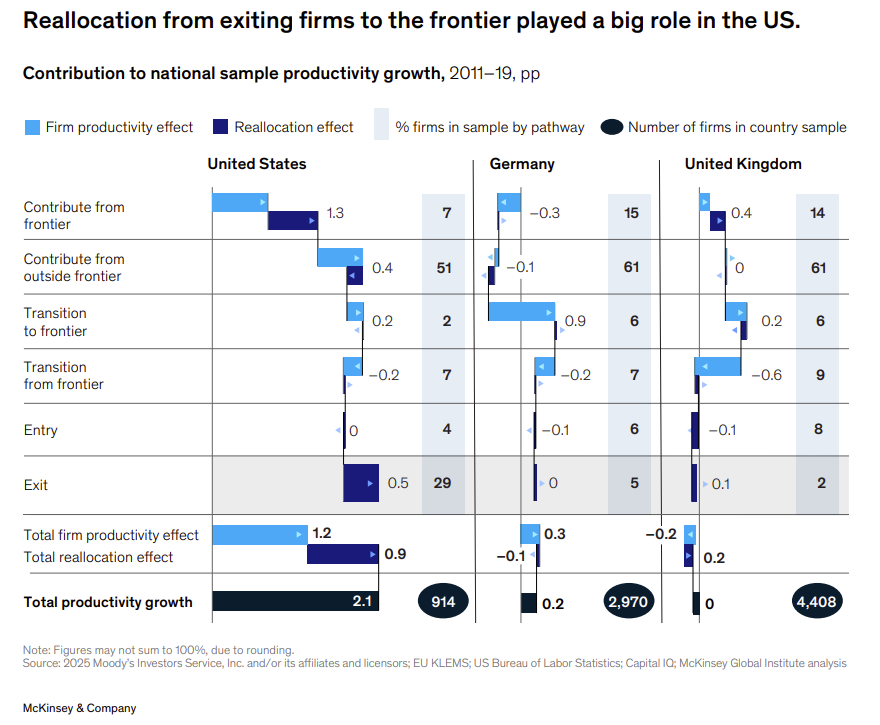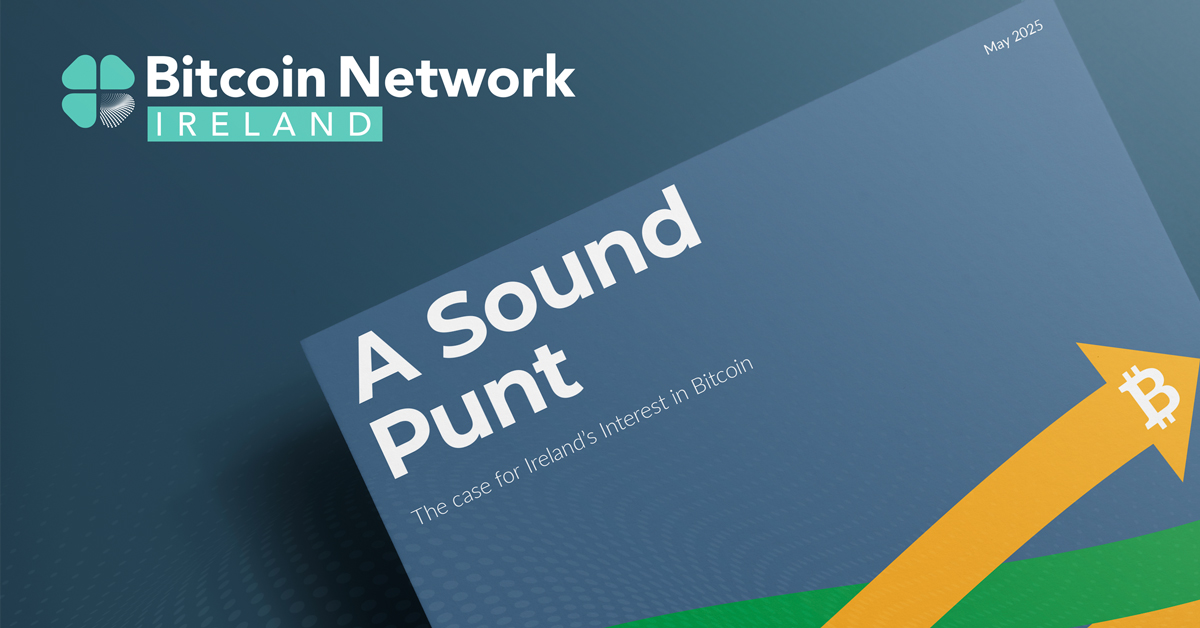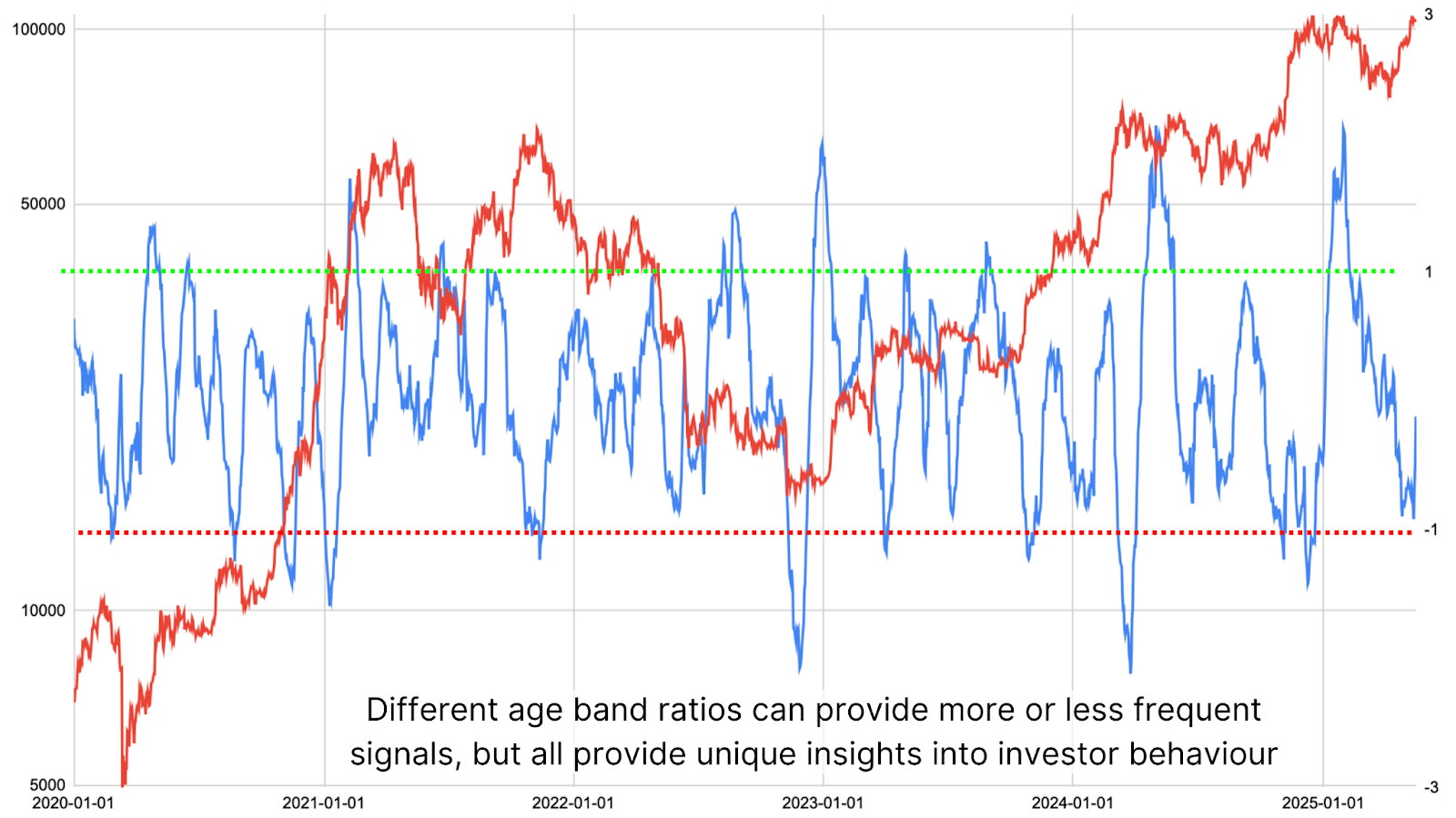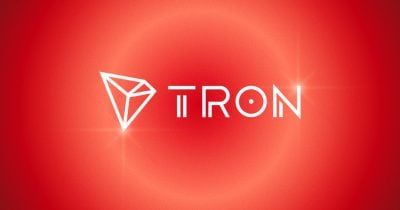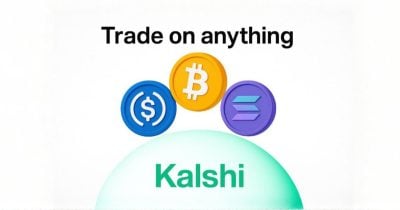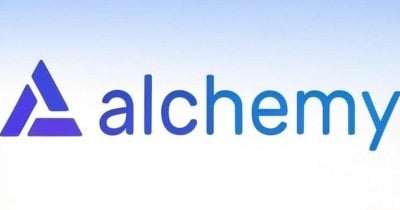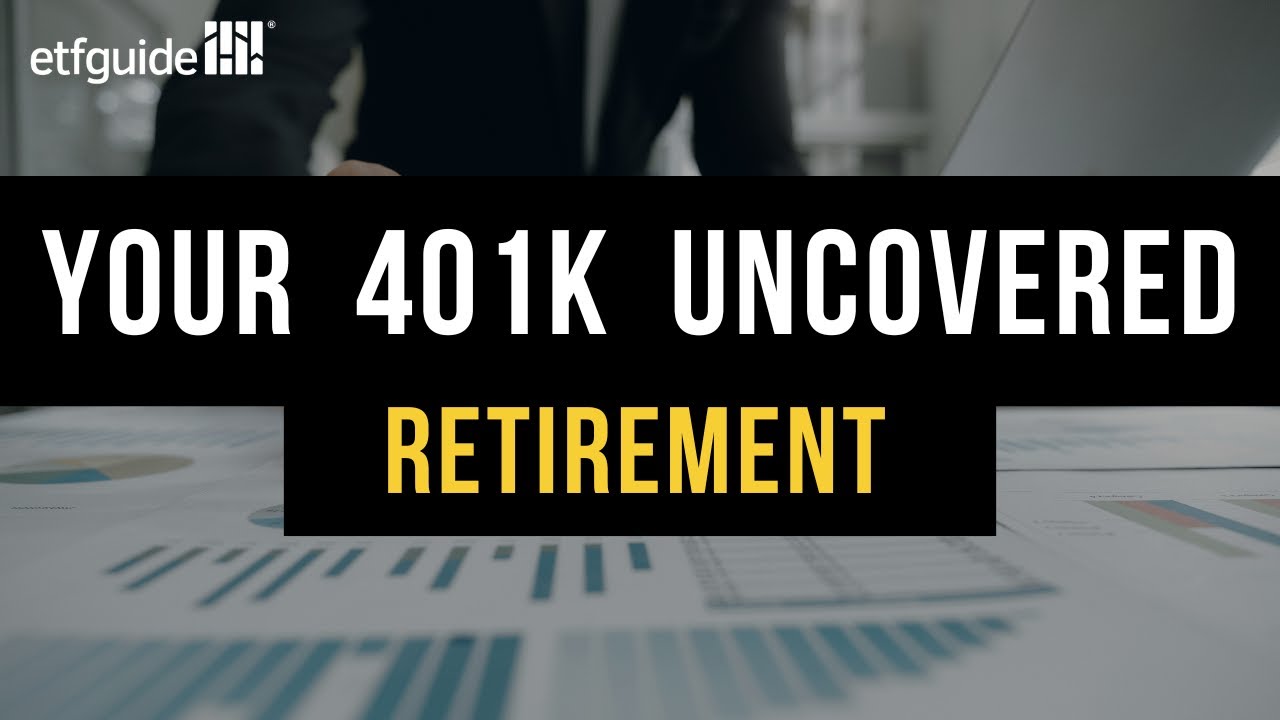QQQ vs. VTI: Picking the Best ETF for Your Core Portfolio
Exchange-traded funds (ETFs) have become a cornerstone for investors seeking diversified, cost-effective, and flexible ways to build wealth. ETFs track indexes, sectors, or asset classes, offering instant diversification without the need to buy individual stocks. Their low fees compared to mutual funds, high liquidity, and ability to trade like stocks make them ideal for both […] The post QQQ vs. VTI: Picking the Best ETF for Your Core Portfolio appeared first on 24/7 Wall St..

Nvidia made early investors rich, but there is a new class of ‘Next Nvidia Stocks’ that could be even better. Click here to learn more.
Key Points in This Article:
Exchange-traded funds (ETFs) have become a cornerstone for investors seeking diversified, cost-effective, and flexible ways to build wealth. ETFs track indexes, sectors, or asset classes, offering instant diversification without the need to buy individual stocks. Their low fees compared to mutual funds, high liquidity, and ability to trade like stocks make them ideal for both novice and seasoned investors.
ETFs can balance risk and reward, providing stability for conservative portfolios or growth for aggressive ones. For long-term investors, ETFs like Invesco QQQ Trust (NASDAQ:QQQ) and Vanguard Total Stock Market ETF (NYSEARCA:VTI) offer distinct strategies: QQQ targets tech-heavy growth, while VTI provides broad market exposure.
Whether you’re a retiree managing a portfolio to see you through your Golden Years or a younger investor seeking growth, ETFs simplify portfolio construction while aligning with varied risk tolerances and goals. Their transparency and tax efficiency further enhance their appeal, making them a premier choice for core holdings.
Choosing between QQQ and VTI depends on whether you prioritize targeted tech growth or comprehensive market coverage for your core portfolio.
Invesco QQQ Trust (QQQ)
The Invesco QQQ Trust tracks the Nasdaq-100, an index of 100 large-cap, non-financial companies, heavily weighted toward technology leaders like Apple (NASDAQ:AAPL), Microsoft (NASDAQ:MSFT), and Nvidia (NASDAQ:NVDA), with minimal exposure to sectors like utilities or materials.
Over the past decade, QQQ has delivered an annualized return of 16.9%, fueled by tech’s dominance in AI, semiconductors, and cloud computing. For example, QQQ returned 49% in 2020 and 27% in 2021, but dropped 33% in the 2022 tech sell-off, reflecting its high volatility, with a standard deviation of around 20%. Its expense ratio of 0.20% is higher than VTI, but competitive for its active management and focus.
QQQ suits investors with a higher risk tolerance, such as those optimistic about tech’s continued growth. However, its concentration in a single sector demands caution. For a portfolio seeking growth, QQQ’s exposure to innovative companies offers significant upside, though market corrections can lead to sharp declines. Regular monitoring and a long-term horizon are key to harnessing its potential.
Vanguard Total Stock Market ETF (VTI)
The Vanguard Total Stock Market ETF mirrors the CRSP US Total Market Index, holding over 3,500 U.S. stocks across all market caps and sectors, from tech giants to small-cap industrials and utilities. This diversification yields lower volatility, with a standard deviation of around 15%, and a 10-year annualized return of 11.6%, trailing QQQ but offering resilience, as seen in the decline it experienced in 2022, which was a bit less than half of QQQ’s.
VTI’s expense ratio of 0.03% is among the lowest in the industry and can save investors thousands of dollars in fees over decades. For example, $100,000 invested at 10% grows to $672,000 in 30 years, $5,000 more than QQQ after fees.
With 18% of its portfolio allocated to defensive sectors — healthcare, consumer staples, and utilities — the ETF stabilizes returns during downturns. VTI is ideal for conservative investors or those seeking broad market exposure without heavy sector bets, ensuring steady growth with minimal risk of sector-specific shocks. Its inclusivity captures both growth and value opportunities, making it a versatile core holding.
Key Takeaways
Deciding between QQQ and VTI for your core portfolio hinges on your investment goals, risk tolerance, and market outlook. QQQ’s tech-heavy focus (57% of the portfolio) appeals to those seeking high growth, leveraging the Nasdaq-100’s innovation-driven leaders, but its volatility suits younger investors or those with longer horizons.
VTI’s comprehensive coverage of the U.S. market, spanning all sectors and market caps, offers stability and lower fees, ideal for risk-averse investors or those nearing retirement. In 2025, with uncertainties like economic shifts or sector rotations, VTI provides a safer anchor, mitigating tech-specific risks, while QQQ could outperform if technology continues its upward trajectory.
Both ETFs are compelling core holdings: QQQ for targeted growth, VTI for diversified resilience. Choosing the one that fits your risk profile can help you to achieve long-term success.
The post QQQ vs. VTI: Picking the Best ETF for Your Core Portfolio appeared first on 24/7 Wall St..





